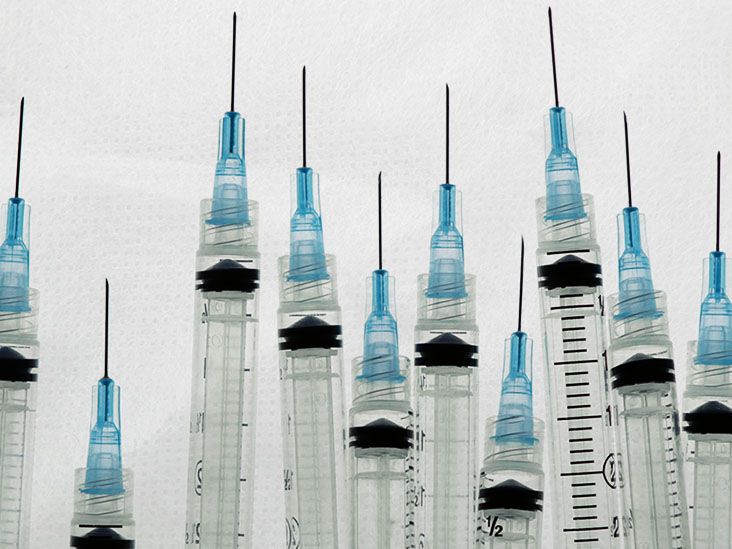A cold flash is when a person suddenly experiences feelings of shivering and chills. They can be the result of hormonal or emotional fluctuations.
In this article, we look at why cold flashes may occur and how to manage them.

Cold flashes can occur due to changes in a person’s hormone levels or due to anxiety and panic.
A part of the brain called the hypothalamus regulates a person’s internal body temperature. Cold flashes can occur when hormones affect the hypothalamus’s ability to function correctly.
Panic disorder
When a person experiences high levels of anxiety, it can turn into a panic attack. This is where the body reacts to a rush of intense mental and physical symptoms.
When a person experiences a panic attack, their body reacts by activating the fight-or-flight mode to ward off the perceived threat.
Common physical symptoms that may occur during a panic attack include:
- feeling cold or hot
- sweating
- trembling or shaking
- nausea
- chest pain
- abdominal pain
- difficulty breathing
- weakness in the legs
During anxiety attacks and panic attacks, the body releases adrenaline and stress hormones, which impact the hypothalamus’s ability to regulate body temperature effectively, potentially leading to cold or hot flashes.
Menopause
Menopause is a change in hormones as a result of which a person stops having periods and is no longer able to get pregnant.
On average, people in the United States will reach menopause between ages
Approximately
Hot flashes are a
According to a
A person may experience a cold flash after a hot flash. As the body reacts to the sweat it creates due to the hot flash, a person can subsequently experience a cold flash.
Cold flashes may be a sign of menopause if a person is also experiencing symptoms such as:
- fewer or less frequent periods
- unexplained weight gain
- migraines
- vaginal dryness
- feelings of anger or irritability
Pregnancy
There is no known association between cold flashes and pregnancy. However, a person may experience cold flashes immediately after giving birth.
These cold flashes, also known as postpartum chills, can cause intense and sudden shivering.
A 2001 study found that postpartum chills occurred in
If a person regularly experiences cold flashes, they can try:
- wearing layers that they can add to or remove when necessary
- moving their body throughout a cold flash to help increase their body temperature
- avoiding anxiety-provoking situations, if possible
- learning to manage anxiety, for example, through techniques such as mindfulness or yoga
If a person experiences a cold flash after exercising, it could be due to the clothing they wear. For example, the clothes could be damp from sweating.
Replacing wet clothing and adding layers after exercise can help prevent a person from experiencing cold flashes.
If a person has cold flashes due to panic attacks, they can try the following:
- Focusing on breathing: A person can breathe slowly in and out while counting to five each time.
- Focusing on the senses: A person can touch something soft or eat a piece of candy.
- Applying grounding techniques: A person can breathe slowly and focus on their surroundings, including sounds, smells, and tastes.
If a person goes through menopause, hormone therapy can help regulate the hormones and treat the vasomotor symptoms of menopause, such as hot and cold flashes.
However, the use of hormones can increase the chance of developing some medical conditions and diseases, such as heart disease, stroke, and certain types of cancer.
Some antidepressants can treat the vasomotor symptoms of menopause. They do not carry the same concerns as hormone therapy.
Treatment options for anxiety and panic disorder typically involve therapy and medications.
A person may wish to speak to a doctor about their cold flashes if they are frequent or impact the person’s daily life.
A healthcare professional may order blood tests to check a person’s hormone levels, and they may ask questions about the occurrence of the cold flashes.
Cold flashes typically occur due to hormonal fluctuations and anxiety.
They can be unpleasant and disrupt a person’s daily life.
If a person experiences cold flashes for the first time or the cold flashes impact their quality of life, they can consider speaking to a healthcare professional.


